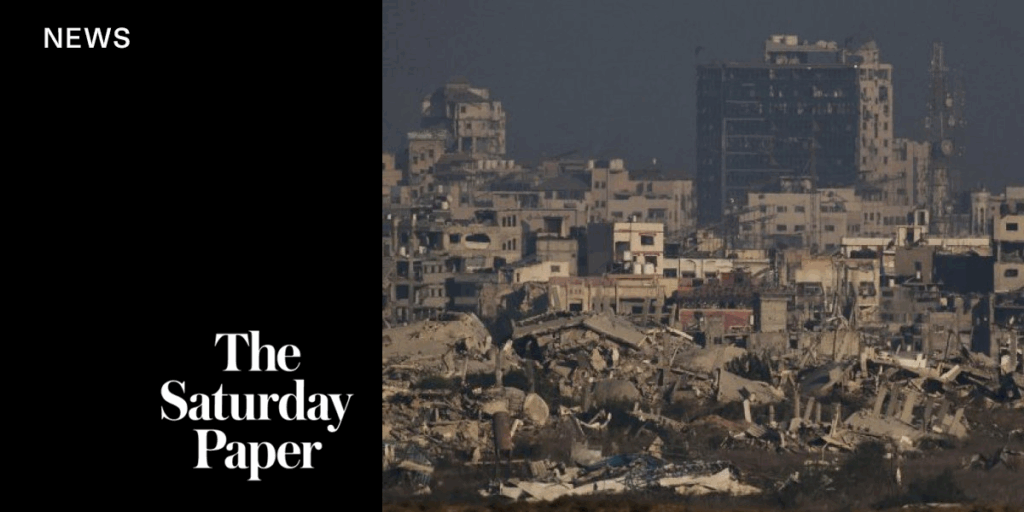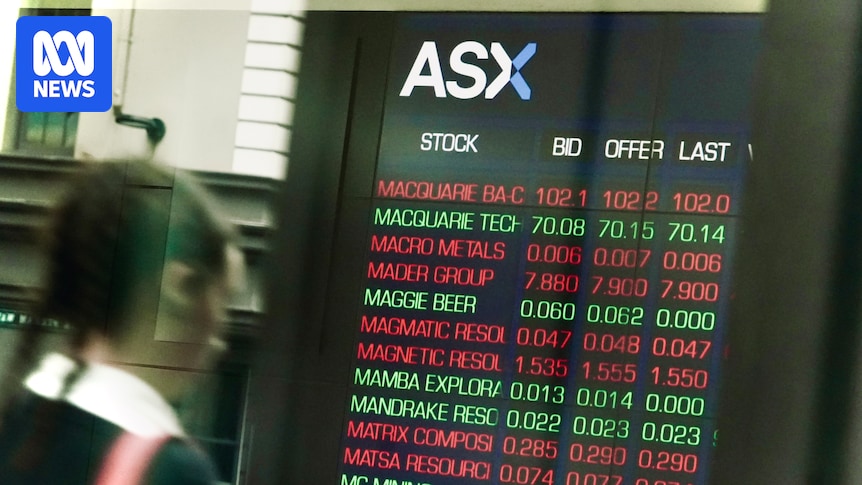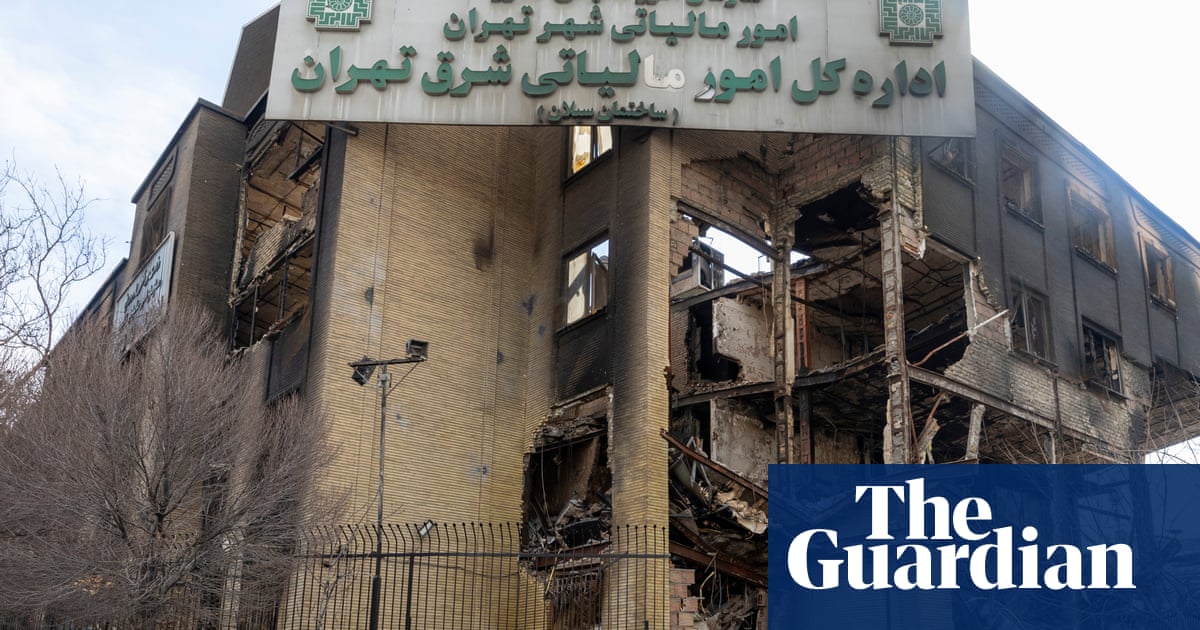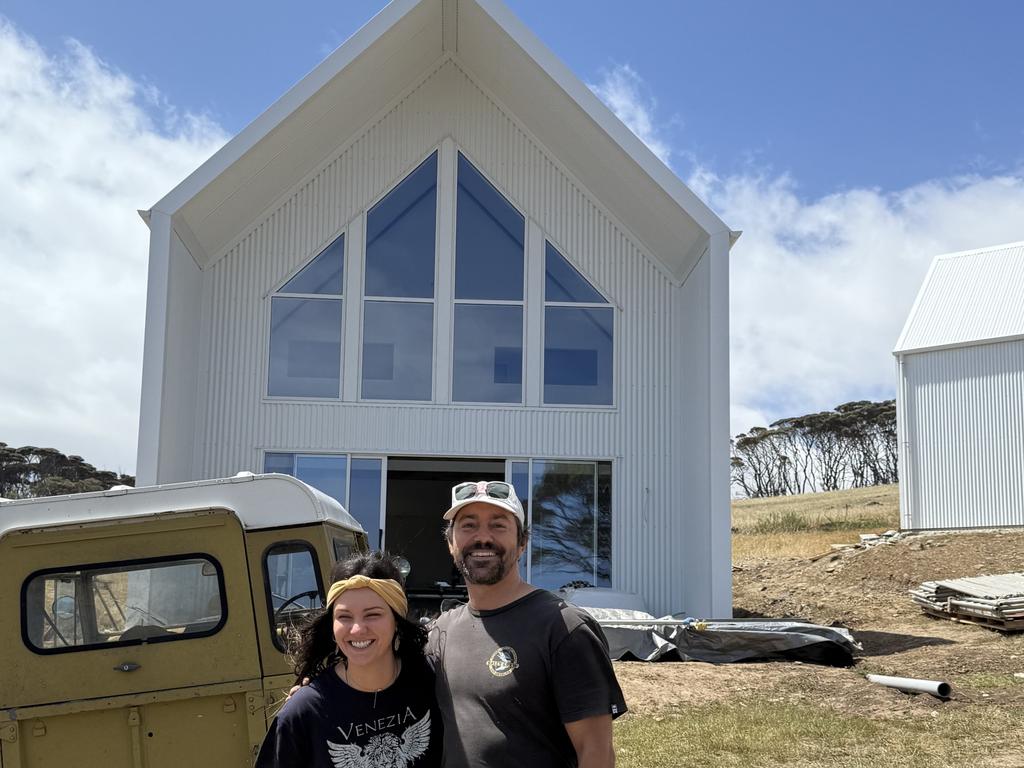
Gaza City is on edge as Israeli Prime Minister Benjamin Netanyahu issued a stark warning to its residents this week, urging them to evacuate immediately in anticipation of a ground assault. This directive comes as tensions escalate, with former U.S. President Donald Trump criticizing Israel for a controversial airstrike targeting Hamas leaders in Qatar.
Israel has intensified its air attacks on Gaza City, and on Tuesday, began urging all residents—approximately one million people—to leave. Leaflets were distributed, outlining a proposed evacuation route and advising residents to “evacuate immediately.”
The situation in Gaza is dire, as officials reported that Israeli attacks resulted in the deaths of at least 40 Palestinians on Monday, primarily in and around Gaza City. Concurrently, Israel reported the loss of four soldiers near the city in an attack by Hamas. Netanyahu emphasized that these aerial attacks are a precursor to the impending ground offensive, stating, “I say to the residents of Gaza [City]: you have been warned – get out of there.”
The Humanitarian Crisis Deepens
The evacuation orders have sparked panic among Gaza City residents, who are apprehensive about relocating to overcrowded southern camps that are already grappling with shortages of food and supplies. Um Samed, a 59-year-old mother of five, expressed her dilemma to Reuters, contemplating whether to “stay and die at home in Gaza City, or follow Israel’s orders and leave Gaza and die in the south.”
Aid organizations warn that these evacuations will exacerbate the humanitarian crisis in Gaza. Experts had already indicated in August that a famine is underway in the city. Meanwhile, Israel has mobilized tens of thousands of reservists in preparation for the ground offensive, expected to commence in late September or early October. An estimated 70,000 residents have already fled Gaza City, despite Hamas advising them against leaving.
International Repercussions
On Tuesday, Israel launched an airstrike on a meeting of Hamas officials in Doha, Qatar’s capital, drawing widespread international condemnation. This move marks a significant departure from Israel’s previous strikes on senior Hamas and Hezbollah figures in Iran, Syria, and Lebanon, as Qatar is a U.S. ally.
Former President Donald Trump expressed his dissatisfaction with the attack, stating he was “very unhappy” and had been informed by the U.S. military. “I’m not thrilled about it,” he remarked, emphasizing the importance of retrieving hostages but disapproving of the method.
Hamas reported that the attack resulted in the deaths of five lower-ranking members and a Qatari security official, although it claimed its top leaders survived. Qatar denounced the strike, accusing Israel of undermining ceasefire negotiations by targeting Hamas officials leading the talks. Qatari Prime Minister Mohammed bin Abdulrahman Al Thani condemned the action as “state terrorism and an attempt to destabilize regional security and stability.”
Diplomatic Fallout and Regional Implications
Netanyahu defended the bombing, asserting it targeted those responsible for the October 7, 2023, Hamas attacks against Israel. “I promised that Israel would reach those who perpetrated that horror,” he declared. “Today that was done.”
International leaders, including those from Britain, France, and Australia, criticized the strike. Australian Foreign Affairs Minister Penny Wong described it as a violation of Qatar’s sovereignty, warning that it jeopardizes ceasefire efforts and risks escalating tensions.
The strike occurred shortly after Qatar urged Hamas to accept a new U.S.-proposed ceasefire deal. The proposal reportedly includes the release of hostages by Hamas and Palestinian prisoners by Israel, followed by negotiations on disarming Hamas and determining the future governance of the enclave. Qatar has temporarily suspended talks but expressed willingness to support further discussions.
Regional Dynamics and Strategic Interests
In a separate development, Australian Prime Minister Anthony Albanese’s visit to Vanuatu highlighted ongoing strategic maneuvers in the Pacific region. Albanese aimed to finalize a $500 million security and economic pact, but Vanuatu’s concerns over potential impacts on Chinese funding delayed the signing. This setback comes amid Australia’s broader efforts to counter China’s influence in the Pacific.
Australia has recently secured agreements with several Pacific nations to prevent closer security ties with China, following revelations of a secret security accord between Solomon Islands and Beijing in 2022. Despite the delay in Vanuatu, Albanese remains optimistic about concluding the deal soon.
As regional leaders convene for the Pacific Islands Forum, geopolitical tensions and climate change threats are central topics. The forum is expected to support Australia’s bid to host the COP31 climate summit in 2026, in partnership with Pacific nations, as part of broader efforts to promote regional peace and solidarity.
As the situation in Gaza and the Pacific continues to evolve, international observers remain vigilant, assessing the potential implications for regional stability and global diplomatic relations.







